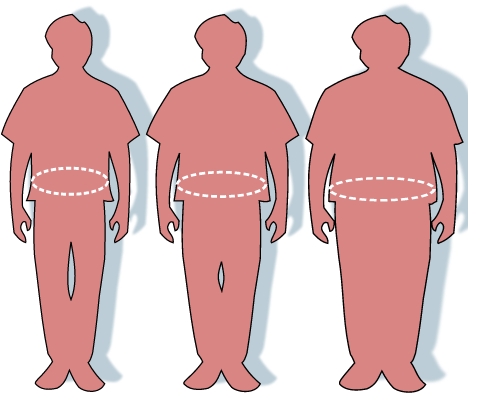The Endocrine Society Releases New Clinical Practice Guideline on the Management of Hyperglycemia in Hospitalized Patients in a Non-Critical Care Setting
Chevy Chase, MD— Hyperglycemia, or having high glucose levels in the blood, is a common, serious and costly health care problem in hospitalized patients. Today, The Endocrine Society released a clinical practice guideline (CPG) providing recommendations for practical and safe glycemic targets and describing protocols and system improvements required to achieve glycemic goals for hospitalized patients in a non-critical care setting.
Hyperglycemia is associated with increased risk of health complications and mortality, and can be found even in non-diabetic hospitalized patients. Observational studies report that hyperglycemia is present in 32 to 38 percent of patients in community hospitals. Improvement in glycemic control results in lower rates of hospital complications in general medicine and surgery patients.
The new CPG suggests that all patients, independent of a prior diagnosis of diabetes, have their blood glucose levels tested upon admission to a hospital.
“Hyperglycemia is associated with prolonged hospital stay, increased incidence of infections and death in non-critically ill hospitalized patients,” said Guillermo Umpierrez, MD, of Emory University in Atlanta, Ga. and chair of the task force that authored the CPG. “This new guideline contains consensus recommendations from experts in the field for the management of hyperglycemia in hospitalized patients in non-critical care settings.”
Specific recommendations from the Society’s CPG include:
? Glycemic targets should include a pre-meal glucose target of less than 140 mg/dl and a random blood glucose of less than 180 mg/dl for the majority of hospitalized patients with non-critical illness;
? All patients with diabetes treated with insulin at home should be treated with a scheduled subcutaneous insulin regimen in the hospital;
? All patients with type 1 diabetes and most patients with type 2 diabetes who undergo surgical procedures should receive either intravenous (IV) continuous insulin infusion or subcutaneous basal insulin with bolus insulin as required to prevent hyperglycemia during the perioperative period;
? Bedside point-of-care glucose testing should be initiated in all patients with high glucose values on admission and in patients with or without a history of diabetes receiving nutrition either through IV or a feeding tube; and
? All patients with type 1 and type 2 diabetes should be transitioned to scheduled subcutaneous insulin therapy at least one to two hours before discontinuation of iv continuous insulin infusion.
The Hormone Foundation, the patient education affiliate of The Endocrine Society, has published a companion patient guide to this CPG. The patient guide, which can be found online, explains the causes and impact of hyperglycemia and discusses treatment options.
“Management of Hyperglycemia in Hospitalized Patients in Non-Critical Care Setting: An Endocrine Society Clinical Practice Guideline,” is published in the February 2012 issue of the Journal of Clinical Endocrinology & Metabolism (JCEM), a publication of The Endocrine Society.
Other members of The Endocrine Society task force that developed this CPG include: Richard Hellman and Mikhail Kosiborod of the University of Missouri-Kansas City; Mary Korytkowski of the University of Pittsburgh in Penn.; Gregory Maynard of the University of California San Diego Medical Center; Victor Montori of the Mayo Clinic in Rochester, Minn.; Jane Seley of New York Presbyterian Hospital in N.Y.; and Greet Van den Berghe of the Catholic University of Leuven in Belgium.
The Society established the Clinical Practice Guideline (CPG) Program to provide endocrinologists and other clinicians with evidence-based recommendations in the diagnosis and treatment of endocrine-related conditions. Each CPG is created by a task force of topic-related experts in the field. Task forces rely on scientific reviews of the literature in the development of CPG recommendations. The Endocrine Society does not solicit or accept corporate support for its CPGs. All CPGs are supported entirely by Society funds.
Source:Endocrine Society




